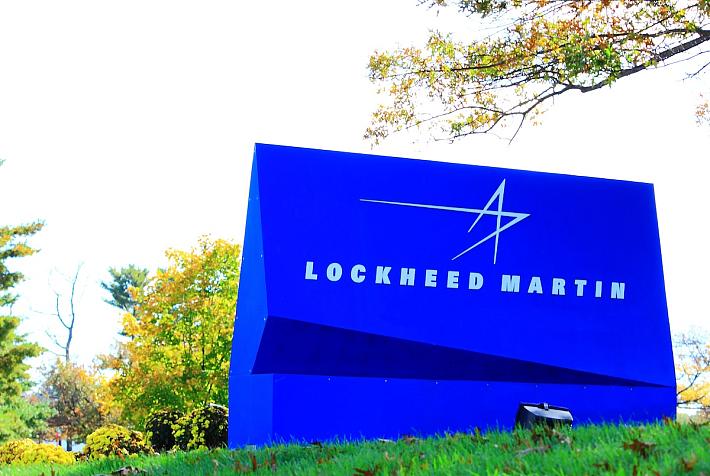(P) How to ruin a company?

Madalina Balan, Managing Partner HART Consulting
6 years ago, in Romania, I met a charismatic, bright, mid 40’s gentleman, who was in charge with the operations of a large international services company. He was recently appointed to lead the Romanian operations as he had a good CV, a good experience, charisma, great social skills and strong network.
During early days of his tenure, shareholders were enchanted, people in his team looked up to him, as they admired the way he talked with clients, his social shrewdness, the way he dressed, he presented and, above all, his great self-confidence. The expectations from everybody were that he will lead this company toward prosperity and growth.
Years passed by and financial outcomes and people’s morale in the organization went down, despite initial expectations.
Instead of building and maintaining a high performance climate, setting clear expectations, communicating openly with people and rewarding outstanding results, the country manager was described by his team as being unpredictable, moody, overly arrogant, self-absorbed and reserved. He seemed preoccupied with his own interests and showed very little interest in his team problems, propositions or initiatives. Anyone who dared to challenge him became immediately his enemy and ultimately either left the company or resigned. People found him difficult, tough, not easily approachable, very emotional, and impulsive, bold and ultimately lost trust in him.
Managers, who have been for years, before he led the company, rated as high performers and highly engaged, now dropped in performance and felt as they did not belong there anymore.
This is a story that seems to be more than an exception. If that were your company or the company you worked for, would you have liked the story going in a different way?
Leadership matters because the persons in charge of organizations can boost them or ruin them. From a financial perspective, it makes more sense to define leadership in terms of the ability to build and maintain a high performing team, and to evaluate it in terms of the performance of the team relative to its competition.
Appropriate leadership drives overall organizational performance by directly influencing employee engagement and company morale.
What do destructive leaders do?
Researchers from Hogan Assessment found out that destructive leader’s impact depends on his or her level in an organizational hierarchy.
First-line managers damage teams by alienating subordinates through a series of negative behaviors, such as bullying, exploiting, lying, betraying or manipulating.
Mid-level managers can negatively affect their teams by exhibiting the same behaviors listed for first-line managers and by making bad tactical decisions through exercising bad judgment. Bad judgment negatively impact morale and erode subordinates’ trust.
Senior leaders can be the most destructive. In addition to the behaviors listed for first-line and mid-level managers, senior leaders are responsible for making strategic decisions.
Bad strategic decision-making can ruin teams and organizations.
Exactly as in our story above, some personality traits can be seen as qualities for a leader, but in the same time, when overused, they become shortcomings.
One of the strongest qualities of our leader above was self-confidence. When shareholders decided to hire him, they all relied on his ability to portrait his confidence that “things can be done” and results achieved, as he was believed he was a winner.
In 2012, HART Consulting research team has conducted a study on almost 300 respondents, working people from Romania, 34 years old in average, occupying different positions - from entry level to top management, in different industries. Results showed that 50.35% of the respondents interviewed consider that arrogance is the most prominent personality trait when it comes to Romanian leaders and it is leading to alienating team morale and affecting negatively productivity of a company.
Arrogance is when a leader has inflated feelings of self-worth and fail receiving and working on the feedback received from others (i.e.: subordinates or peers). While self-confidence is important for leadership, arrogance determines rupture between follower and their leader.
Many studies since the ‘80’s show that poor leadership that ruins organizations is not because of the lack of the good stuff (such as: self-confidence, social competencies, intelligence, etc.), but, most of the times, due to over-accentuating the positives. Too much of the good things (self confidence that turns into arrogance or the sense of urgency that turns into impulsivity and moodiness) may determine failure.
To learn more about how to ruin a company or a career, watch the vignettes form Hogan Assessments here.
Madalina Balan is specialized in organizational psychology, psychologist, Managing Partner and Senior Consultant at HART Consulting. Madalina is certified in Hogan Assessment methodology since 2007 and the Master trainer for Romania and Moldova in this methodology. With more than 12 years` experience as a trainer and consultant in human resources, Madalina has managed various projects on talent management, selection and leadership development for manifold Romanian and multinational organizations.
HART Consulting is on the local market since 2006, offering consulting services in areas such as: selection (ROI, internal benchmark studies, personality and abilities assessments), assessment and development programs for individuals, leaders and teams (Hogan assessment, 360 feedback, A & D centers), organizational surveys, coaching, HR seminars. We are part of international networks Hogan Assessment Systems and CCi Surveys International and authorized distributor for Romania and Republic of Moldova for these diagnostic tools.
Contact: consulting@hart.ro, +40 21.310.54.57 / 59
(P- this article is an advertorial)














